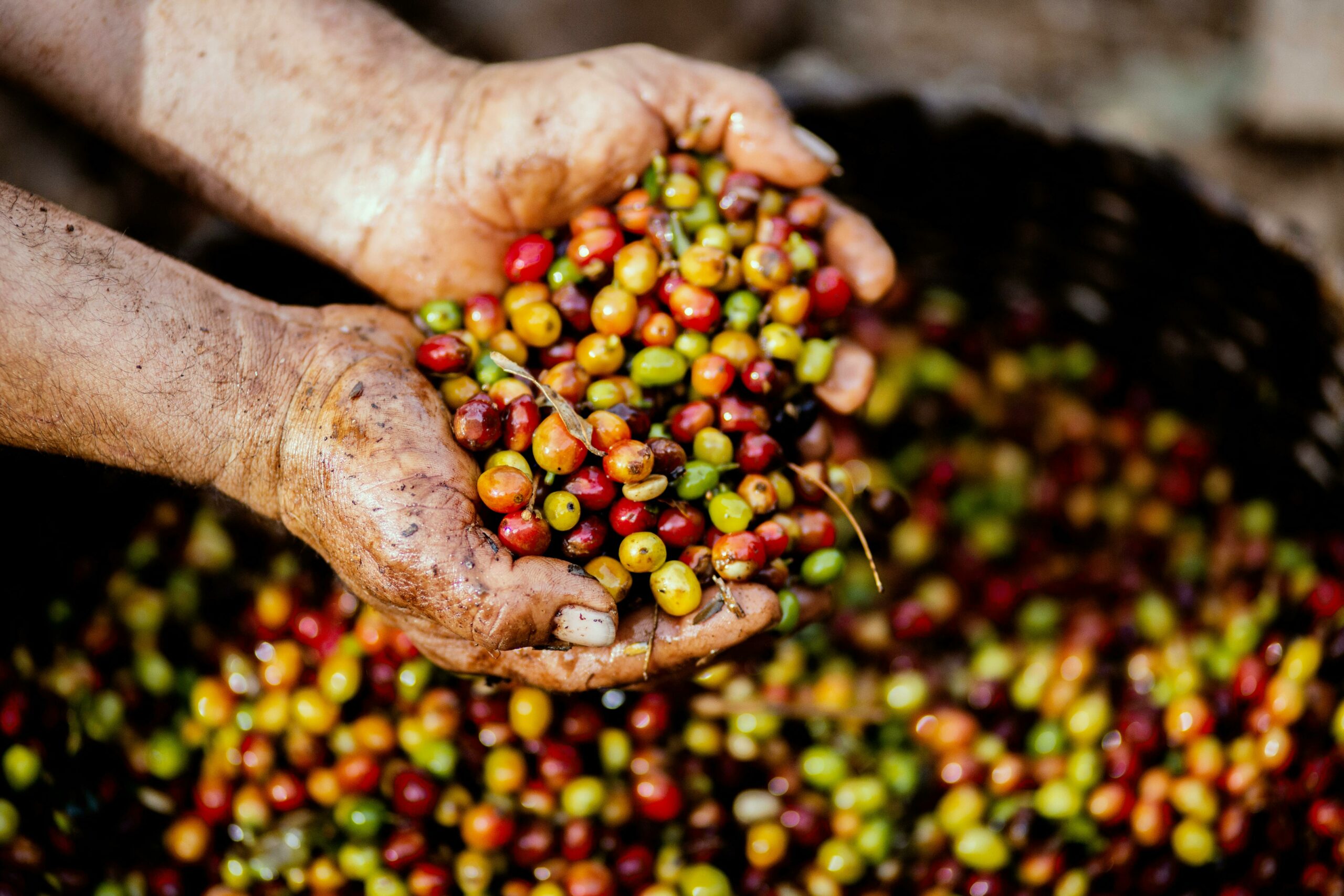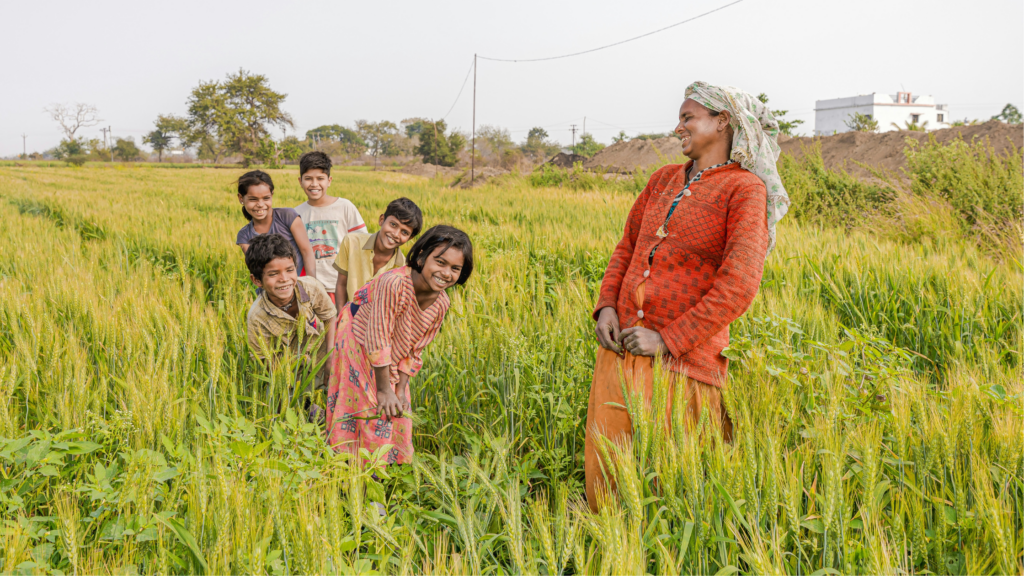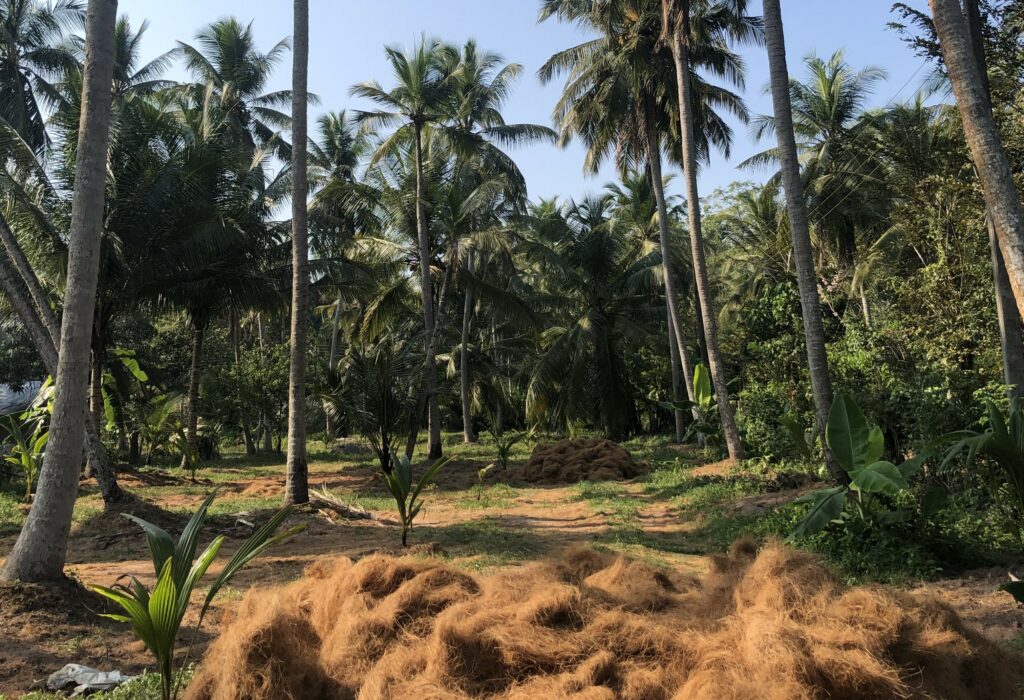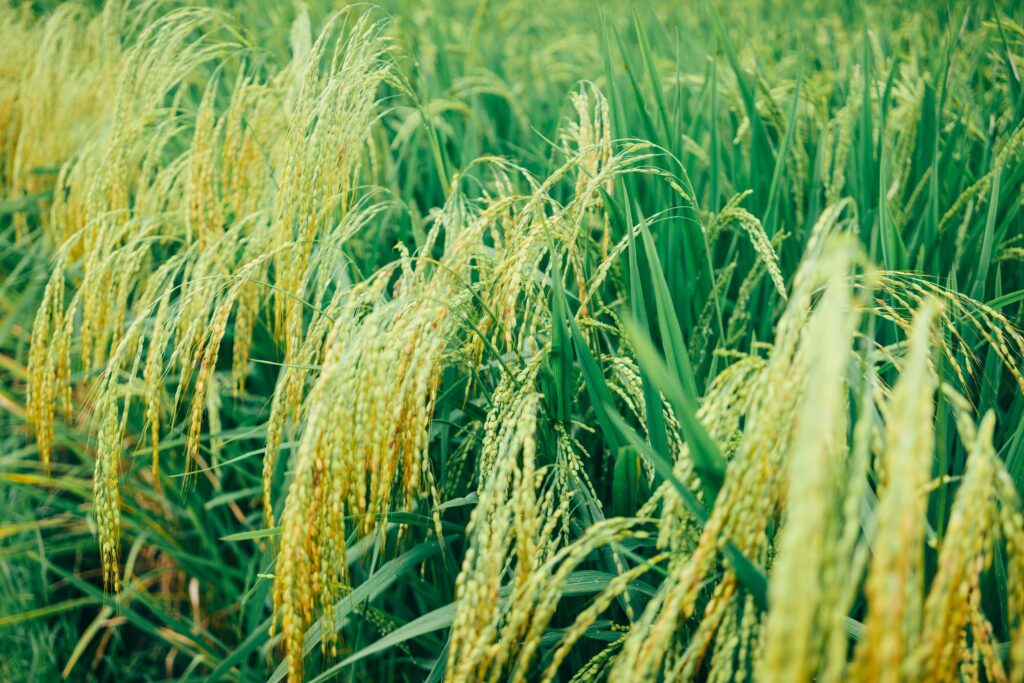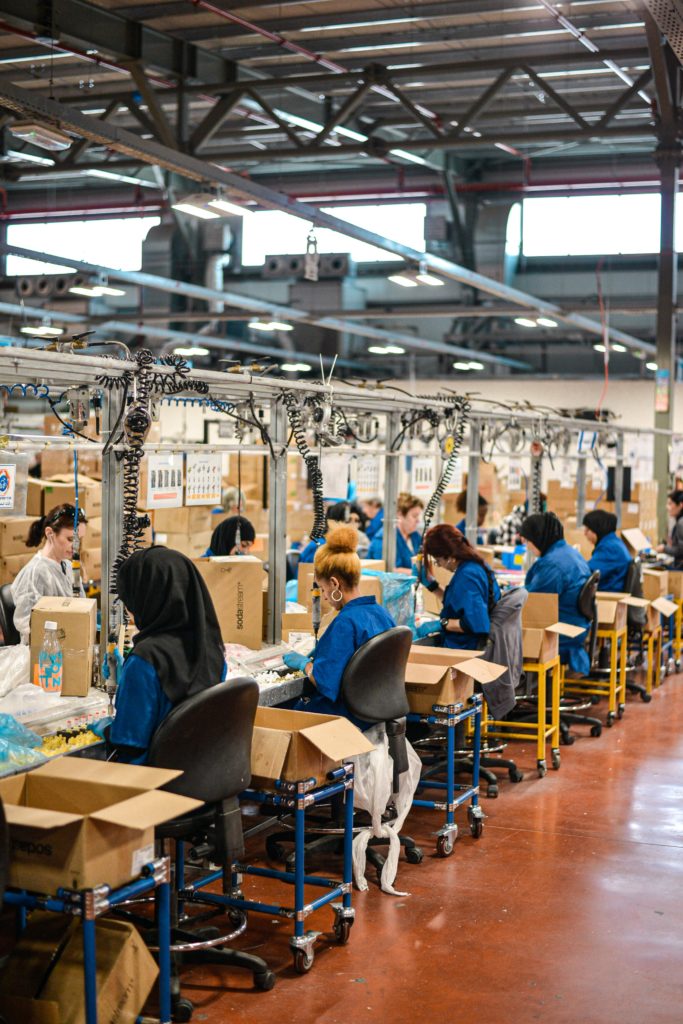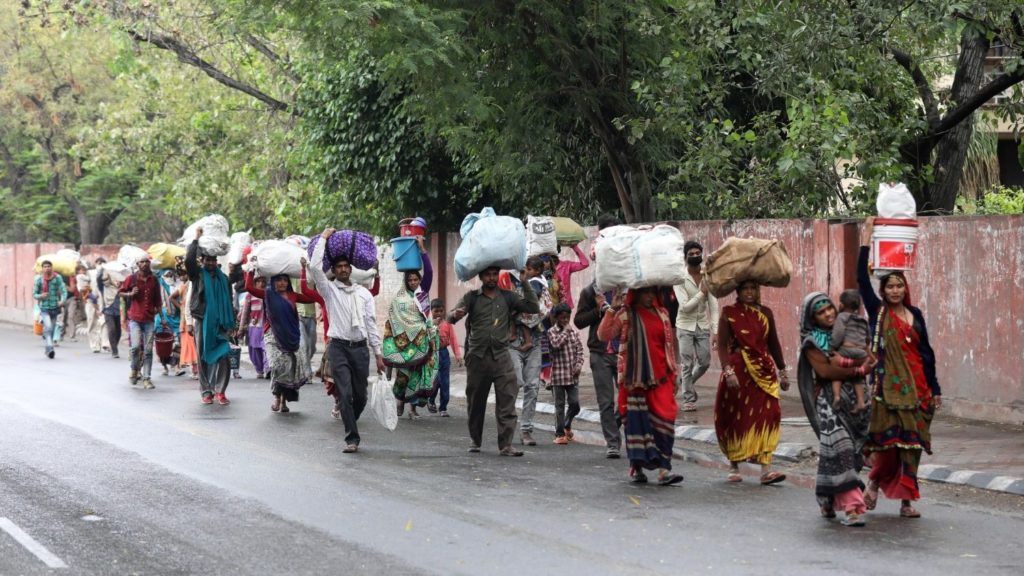SBTN’s 2024 pilot report reveals excessive focus on top-down methods vs. clear ground-level realities in nature targets.
Tag Archives: Sustainable Development
Coffee is more than just a beverage; with over 2.25 billion cups of coffee consumed daily, it is one of the most widely consumed drinks in the world and one of the most traded agricultural commodities. The largest coffee-producing nations—Brazil, Vietnam, and Colombia—are responsible for 63% of the global supply, while major consumers such as the European Union and the United States dominate the market.
A landscape approach for business is a strategic framework that aims to balance environmental, social, and economic objectives, recognizing that business activities are interconnected with the broader ecological and social systems in which they operate. Learning from our experience and programs at Ksapa, here are the key elements and benefits of a landscape approach for business
Learn how to build robust carbon sequestration programs through rigorous due diligence addressing environmental and human rights risks.
Cocoa is the main component of a vast industry with far-reaching repercussions on a global scale. While many of us love chocolate for its taste, cocoa has a less sweet side that poses serious problems. The cultivation and production processes are linked to complex challenges covering social, environmental and economic dimensions. Challenges, analysis and new solutions.
Low maintenance and investments in coconut farming challenge sustainability, impacting major producing nations and rural communities
Explore how rice, feeding one-fifth of global calories, faces supply chain challenges amid rising demand and declining yields
Ksapa explores how companies can leverage innovative strategies to accelerate contribution toward global 2030 sustainability goals
Discover 3 impactful solutions to align your responsible purchasing strategy with real economy needs and create lasting value
How businesses can uphold labor rights during India’s Covid-19 crisis amid suspended worker protections and supply chain disruption
- 1
- 2


